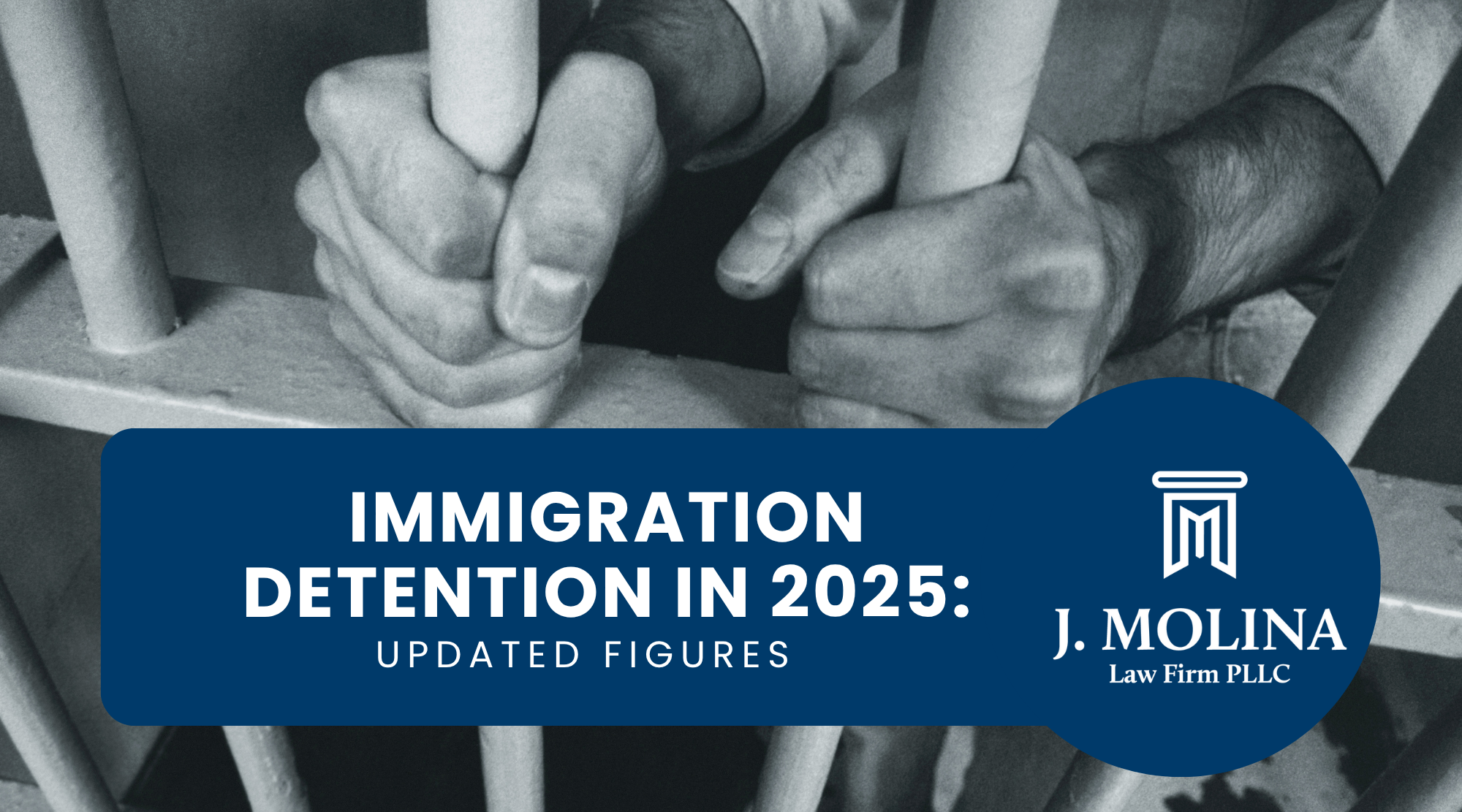When you file a relative alien petition (form I-130) for your spouse who lives abroad, some steps that are usually taken for the process change.
To avoid fraud, USCIS looks very closely at marriage-based petitions and regularly conducts interviews to prove the marriage is real. This is commonly called the I-130 interview and helps officers determine if you have a bona fide marriage.
Having an interview with government officers can make a lot of people nervous, and although you are not hiding anything, you should be prepared on what to expect for the interview.
You can end up in immigration court in removal proceedings, and you could even be deported, so you want to ensure you do everything right.
When to expect the I-130 interview
Once your spouse has filed the I-130 form for your petition, you should receive a notice in the mail with the appointed interview date. This is called the G-56 call-in notice and issued by the local field office handling your petition.
The call-in notice is a two-page document that tells you the date, location, and time of your appointment. If you cannot attend the interview on the proposed date, you should notify your local field office by following the instructions in the document.
How should I get ready for the I-130 interview?
Before you attend your marriage petition interview, you should start preparing by gathering all the necessary documents and reviewing the information in the form. Most of the questions asked will be related to that information.
Page 2 of your call-in notice details the required documents you should bring to the interview and provides additional instructions.
Be sure to bring original and copies of all the documents, since it is common to be asked about documents that you had already included in the original package that might have gotten lost.
Also, bring your identification, passport, social security cards, work permit, driver’s license, etc.
You should attend the I -130 interview accompanied by your spouse and the lawyer that has helped you prepare your forms, if there is one. It is highly recommended that the attorney joins you so they can let you know about the issues that came up during the interview.
Other things you should take into account
If you are in one of the following scenarios, you should keep in mind the additional documents you should gather:
Children you and your spouse have
If the petitioner has children outside the United States and you have children outside of marriage, the immigration officer will want to see birth certificates for all of the children involved.
In case you have been married before, make sure to bring your marriage certificate and divorce decree.
Criminal history
If you have been involved in any sort of arrest, crime or any convictions on your record, you should bring the official court dispositions stating the outcome of the incidents.
Even if your case has been sealed, you must still bring the court disposition document with you to this interview. If you don’t have this, you have to go to the courthouse and ask for an official statement.
If you have been arrested in different jurisdictions or different counties go to those Courthouses and get the official sealed certified court dispositions so that the immigration officer knows how things turned out in your case.
Employment Letters
USCIS officers normally ask for employment letters from your spouse and yourself. The documents you bring the day of your interview should state how much you earn, the date you started working there, your marital status and be signed by an official at your place of employment.
Documents to prove the authenticity of your marriage
The best way to prove you have a bona fide marriage is to bring all the documentation to prove it, This usually includes:
- Joint bank account statements for the entire time you have been married,
- A lease with both partner’s names on it,
- Joint health/car/life insurance statements,
- Taxes showing that you filed as married,
- Photos of important events you lived together,
- Photos with friends and family
- Letters from individuals who can attest to your relationship,
- Evidence of trips taken together
The pattern of the I-130 interview
Now that you know all the documents you should have before your interview. Here’s what you can expect during the session:
1. The USCIS officer will ask you to show documentation regarding your nationality and proof of your marriage
First of all, the USCIS officer will want to see your original passport, marriage certificates, birth certificates and divorce papers if applicable.
2. The interview will focus on the petitioner
Generally, interviews tend to focus more on the petitioner (the U.S. citizen) since he or she is the one that needs to prove his or her capacity to sponsor the beneficiary.
3. You will be asked about the development of the relationship
Although the petitioner will be the first to answer, be prepared to answer questions about when you started dating and when you decided to get married.
Make sure you explain why you decided to get married at that specific time (specially if you didn’t date for very long before getting married) and make sure you both agree on the dates you give out.
4. You will be asked about your biographical information
Remember when we advised to study the information you put in the form? well, that is because the USCIS officer will look at your form and ask you about the information in it.
Answer naturally but also keep in mind what you put in the form.
5. You will be asked about your personal life
Expect questions related to your daily life, such as what your spouse likes to eat for breakfast, what he or she wore yesterday and such. Answer sincerely and let the office know if you don’t remember.
Don’t get nervous, you don’t need to give out very detailed answers, keep it short and concise.
6. You will be asked about the documents you brought
Finally, the officer will ask you for the copies of your documents and ask you about the information in them. You should also review these documents closely before the interview so all your answers match the information.
You may be told of the approval or denial of the petition right after the I-130 interview or may receive a notification later on if the officer still needs to make a decision. However, if you answered sincerely, there should be no problem.
The pattern of the I-130 interview
Now that you know all the documents you should have before your interview. Here’s what you can expect during the session:
1. The USCIS officer will ask you to show documentation regarding your nationality and proof of your marriage
First of all, the USCIS officer will want to see your original passport, marriage certificates, birth certificates and divorce papers if applicable.
2. The interview will focus on the petitioner
Generally, interviews tend to focus more on the petitioner (the U.S. citizen) since he or she is the one that needs to prove his or her capacity to sponsor the beneficiary.
3. You will be asked about the development of the relationship
Although the petitioner will be the first to answer, be prepared to answer questions about when you started dating and when you decided to get married.
Make sure you explain why you decided to get married at that specific time (specially if you didn’t date for very long before getting married) and make sure you both agree on the dates you give out.
4. You will be asked about your biographical information
Remember when we advised to study the information you put in the form? well, that is because the USCIS officer will look at your form and ask you about the information in it.
Answer naturally but also keep in mind what you put in the form.
5. You will be asked about your personal life
Expect questions related to your daily life, such as what your spouse likes to eat for breakfast, what he or she wore yesterday and such. Answer sincerely and let the office know if you don’t remember.
Don’t get nervous, you don’t need to give out very detailed answers, keep it short and concise.
6. You will be asked about the documents you brought
Finally, the officer will ask you for the copies of your documents and ask you about the information in them. You should also review these documents closely before the interview so all your answers match the information.
You may be told of the approval or denial of the petition right after the I-130 interview or may receive a notification later on if the officer still needs to make a decision. However, if you answered sincerly, there should be no problem.


